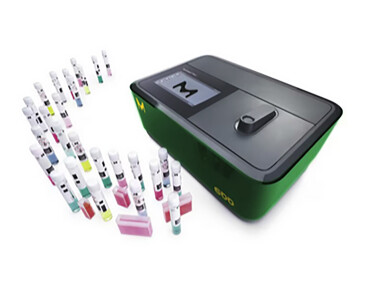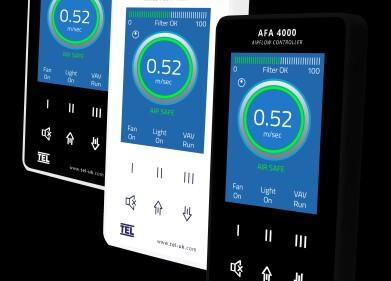Laboratory products
Applications of Artificial Intelligence
Dec 16 2021
Artificial intelligence has transformed the modern world, revolutionising everything from customer service to drug development and patient care. Below, we spotlight some of the everyday applications of artificial intelligence and explore what’s next for this game-changing technology.
Self-driving cars
Self-driving cars are one of the most widely recognised examples of artificial intelligence. The machines combine AI capabilities with cameras, sensors and radars to make informed decisions and safely travel between destinations autonomously.
Chatbots and customer service
Chatbots draw on deep learning capabilities and natural language processing (NLP) technologies to improve the customer experience. They’re become a valuable tool for businesses that want to offer customers 24/7 support that feels natural and genuine.
Healthcare and the patient experience
Artificial intelligence is now commonplace in hospitals around the world, with software and machine-learning algorithms used to improve the patient experience, reduce the cost of care and help doctors and nurses make informed decisions.
Currently, AI is used to detect and diagnose disease, create personalised treatment plans, analyse medical images, support clinical trials and accelerate drug development. AI was also a valuable tool employed by hospitals and healthcare providers during the COVID-19 pandemic.
“The challenges that the COVID-19 pandemic created for many healthcare systems also led many healthcare organisations around the world to begin field testing new AI-enabled technologies, such as algorithms designed to help monitor patients and powered tools. by AI to evaluate COVID-19 patients,” reads the IMB website.
Monitoring climate change
Over the past decade, artificial intelligence has become a powerful weapon in the fight against climate change. A recent study conducted by PricewaterhouseCoopers on behalf of Microsoft predicts that by 2030, artificial intelligence technologies could help slash greenhouse gas emissions by up to 4%.
Already, AI technologies and machine-based learning systems are being used to predict weather patterns, detect concerning pollution trends and design more energy-efficient cities. Artificial intelligence has also become a valuable tool for maximising yields in both the sustainable and non-renewable energy sectors.
Biology and life sciences
From advanced neural network software used to label and manage samples to systems designed to collect, sort and analyse complex microbiome data, AI has reimagined the limits of biology and life sciences research.
Want to know more about how artificial intelligence has revolutionised biology and life sciences research? Dr Alex Beasley from British-based 2D barcode scanner manufacturer Ziath Ltd explores how the company has harnessed the Neural Network approach in ‘What is AI and how can it be applied to scientific instruments?'
You'll also find a complete guide to AI, including how technologies are being used to combat climate change and advance space exploration, in 'Laboratory AI - How Does It Help Scientific Research?'
Digital Edition
Lab Asia 31.6 Dec 2024
December 2024
Chromatography Articles - Sustainable chromatography: Embracing software for greener methods Mass Spectrometry & Spectroscopy Articles - Solving industry challenges for phosphorus containi...
View all digital editions
Events
Jan 22 2025 Tokyo, Japan
Jan 22 2025 Birmingham, UK
Jan 25 2025 San Diego, CA, USA
Jan 27 2025 Dubai, UAE
Jan 29 2025 Tokyo, Japan



















